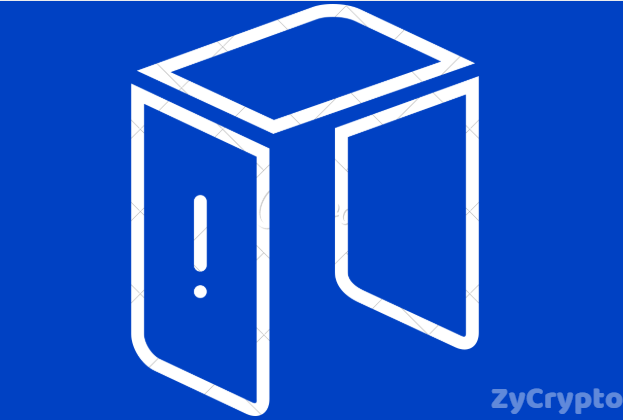Neo-token system, in seeking to take the fast track growth path, has surprisingly opted for a centralised model for managing its blockchain, drawing criticism from across the board for the negative approach.
The lure of cryptocurrency, for its growing investor base has been the transparent and public verification for minting coins. The same rule or principle applies for beginning a new node. However, the current price depreciation of coins and oversupply situation due to an ongoing flow of new coins has placed smaller coins under pressure.
Under threats of contraction, many of the coins are exploring methods which will hasten decision making and minimise slowing down of the platform software. The best solution to achieve these factors has been the process of limiting the number of nodes for decision making to a small group, thereby driving speed into the platform.
Neo’s reach for high valuation
Neo is developed by an organisation called NEO Foundation and is positioned as a close competitor of ethereum. The tokens by this project are valued at $2 billion, with immense potential for high growth. However, the platform has been involved in controversial processes with respect to new node election to the network.
In recent times as cryptocurrencies become more competitive direct participation of users on the network becomes a massive challenge. Neo it was found opted for an easy way out of such a challenge by narrowing down the number of nodes. It initiated a voting process and claimed that the first node on the network was named City of Zion.
However, it failed to highlight that the token holders were not involved in the process of voting, and triggering the debate on ‘selective’ group voting in an atmosphere of decentralised blocks and transparent transactions.
City of Zion
The newly elected node, on a public blockchain, was actually completed by a very limited group of members. Instead the platform chose to implement a centralised model in terms of managing the blockchain.
Experts call the method adopted by the network as ‘delegated Byzantine Fault Tolerance (dBFT)’ and typically involved loss of decentralised parenting of the blocks, by paring down the number of nodes to a small group.
The rule typically followed in mining model is for any node operator abiding by the rules to compete and to complete transactions. This model is in vogue in many of the projects including the likes of Tron and EOS with both amassing billions in funds.
Neo defers established model for dBFT
The governing body of the project says, “NEO Council values efficiency (quick response and protocol upgrade) over decentralization (sometimes a crypto-political correctness) at this early stage.”
Neo which works with OnChain, a blockchain solutions company and Ontology Project is exploring technologies which will give it the ability to scale higher. The issue is with slow transaction speeds and network upgrades which are regarded as controversial.
Neo’s approach to decision-making and governance model is limited to ‘core protocol stabilization.’ However, it fails to address the criteria for constituting stability.






